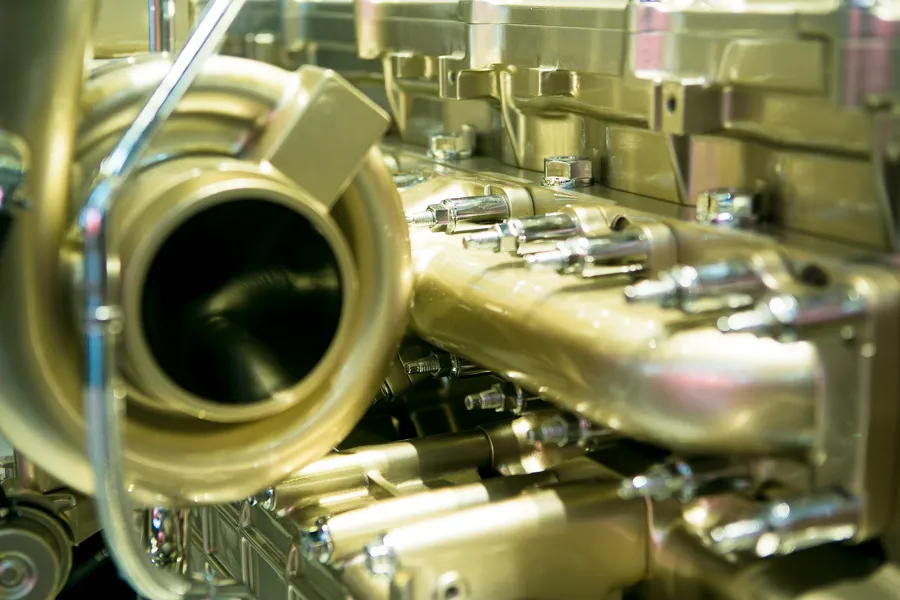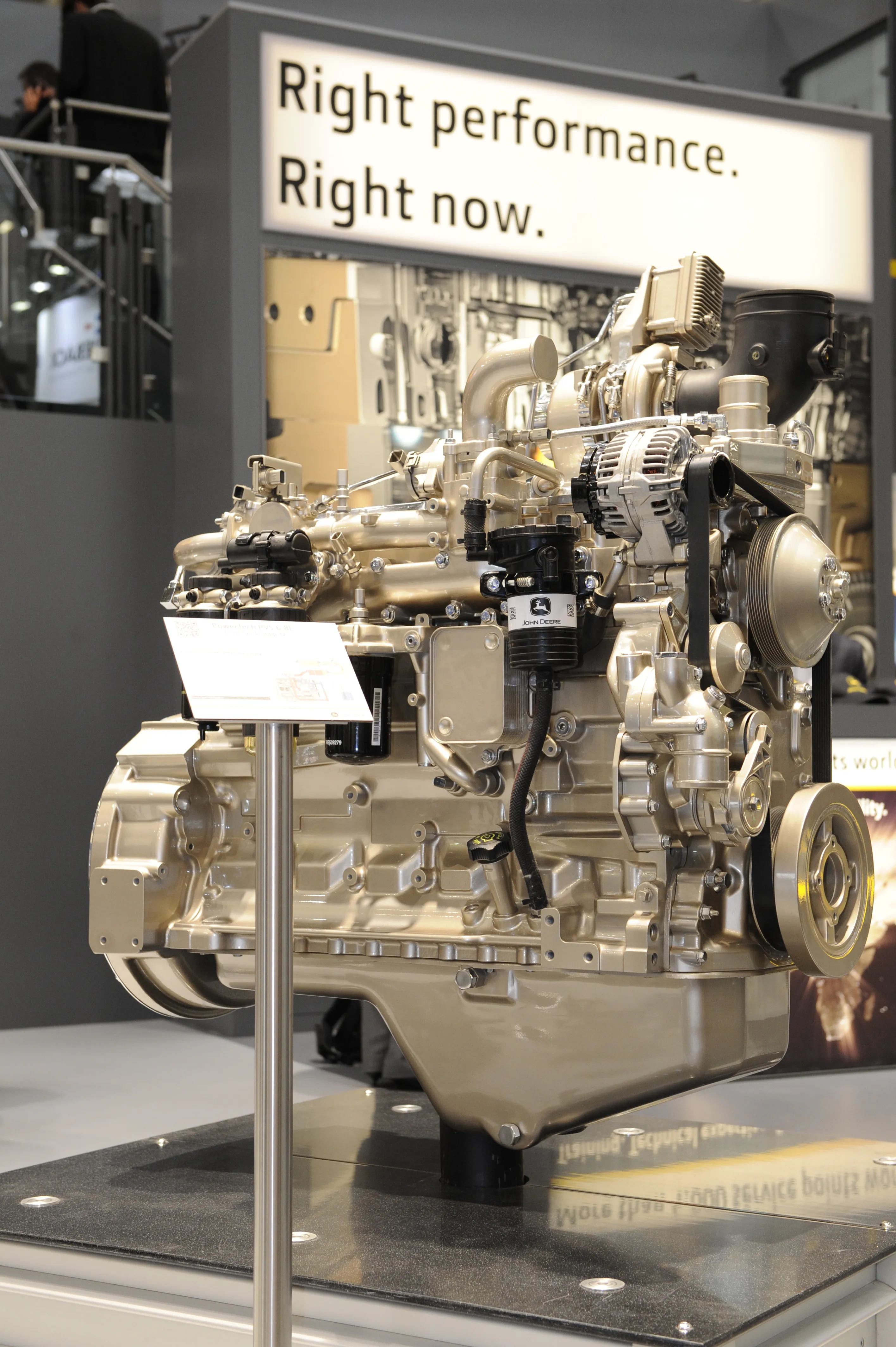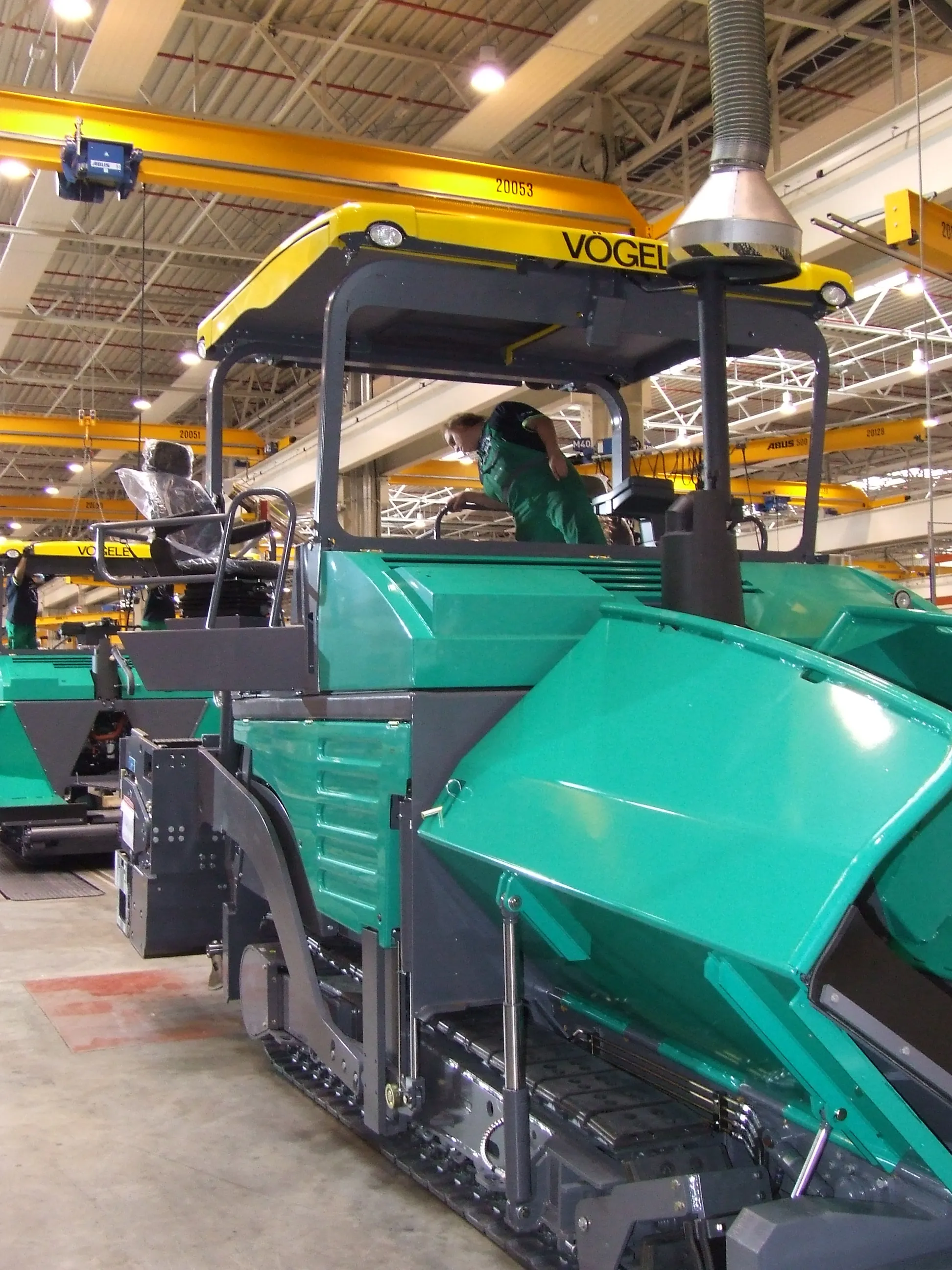John Deere has made an investment in clean power investment technology.
By MJ Woof
November 2, 2021
Read time: 2 mins

John Deere has made an equity investment in ClearFlame Engine Technologies, a new firm developing clean engine technology. ClearFlame’s solution allows low-carbon fuels such as ethanol to be integrated into compression ignition engines, offering a sustainable solution without compromising engine performance.
The company explained that its investment is in line with its strategic vision to accelerate low and zero carbon powertrain technology. John Deere will also supply an engine to use in conceptual testing, which will help validate the technology currently under development by ClearFlame.
“We made this investment to stay on the leading edge of developments in renewable fuel technology,” said Pierre Guyot, senior vice president, John Deere Power Systems. “ClearFlame’s compression ignition engine technology has the potential to reduce CO2 emissions while continuing to provide the performance and durability our customers expect from John Deere engines.”
“ClearFlame’s mission is to decarbonise the hardest-to-electrify sectors in a rapid and cost-effective way. Expanding our solution from heavy-duty trucking to agriculture and other off-highway markets delivers on that promise, offering significant sustainability and economic benefits that won't compromise engine performance,” said BJ Johnson, ClearFlame CEO and co-founder. “We look forward to working together with John Deere and supporting its commitment to reducing net CO2 emissions through providing renewable energy solutions.”
Using ethanol in place of petroleum diesel fuel in diesel engines reduces carbon emissions and air quality emissions. In addition, ethanol is widely available and can offer a high-efficiency, liquid alternative fuel option.
The company recognises the importance for renewable fuel options and is committed to exploring new solutions. “Compression ignition engines have a long life ahead — in terms of both the current source of diesel and a wide variety of alternative fuel types,” said Guyot. “John Deere already offers biomass-based diesel compatibility on our engines. These investments are the right thing to do for environmental, economic and rural-development benefits.”








